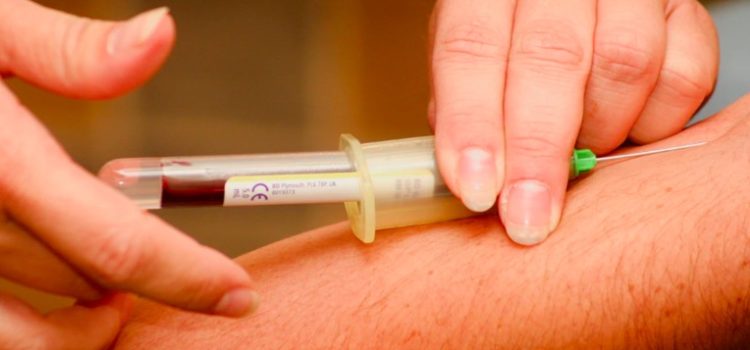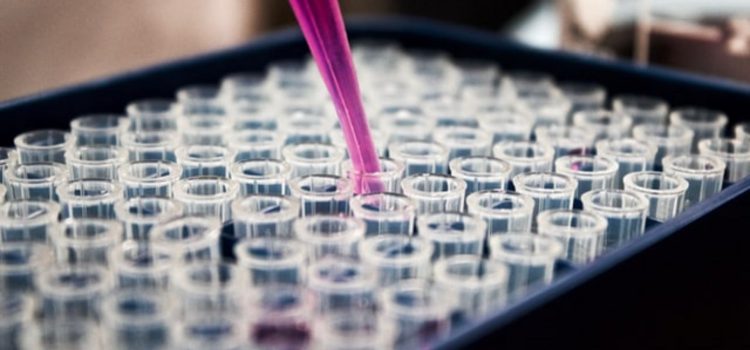What happens in the body when we eat carbs? How do carbohydrates break down in our digestive system? Carbohydrates are our body’s most important energy source, providing the majority of daily calories for most people. When ingested, carbohydrates break down into glucose. Then, glucose enters cells throughout the body. Here’s a look at the carbohydrates breakdown process.
The Carbohydrate Breakdown Process—Explained









